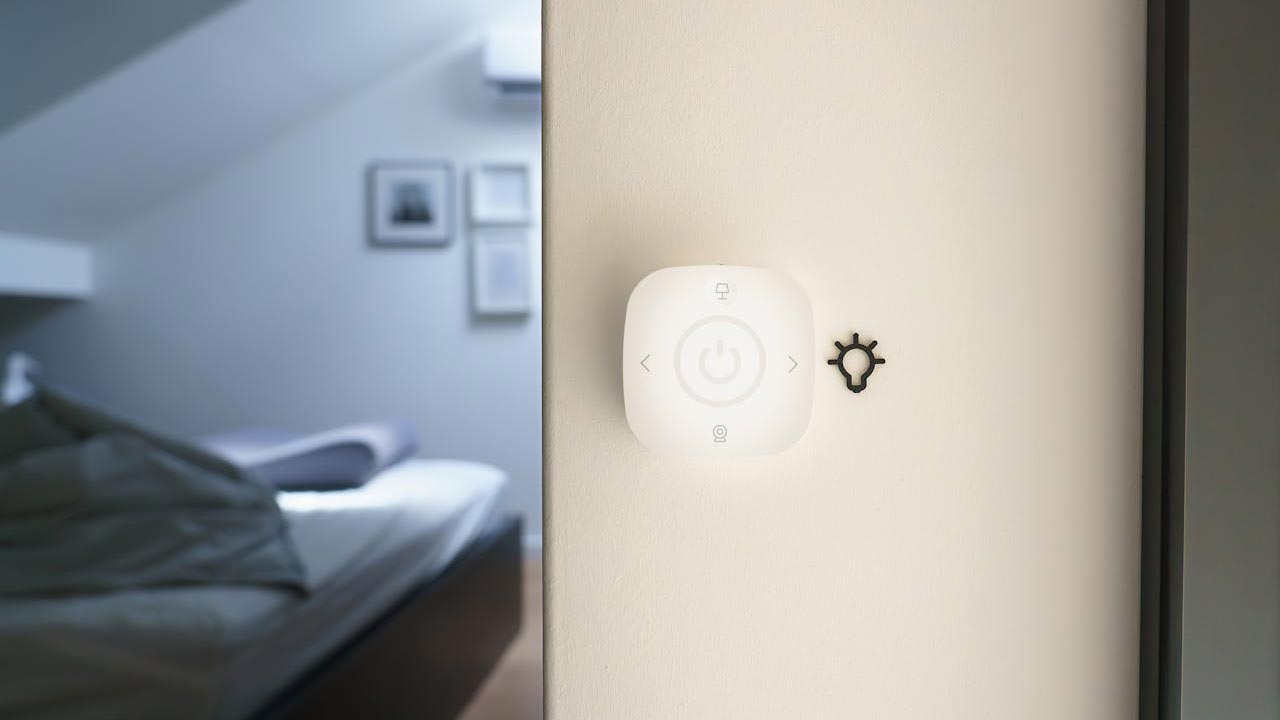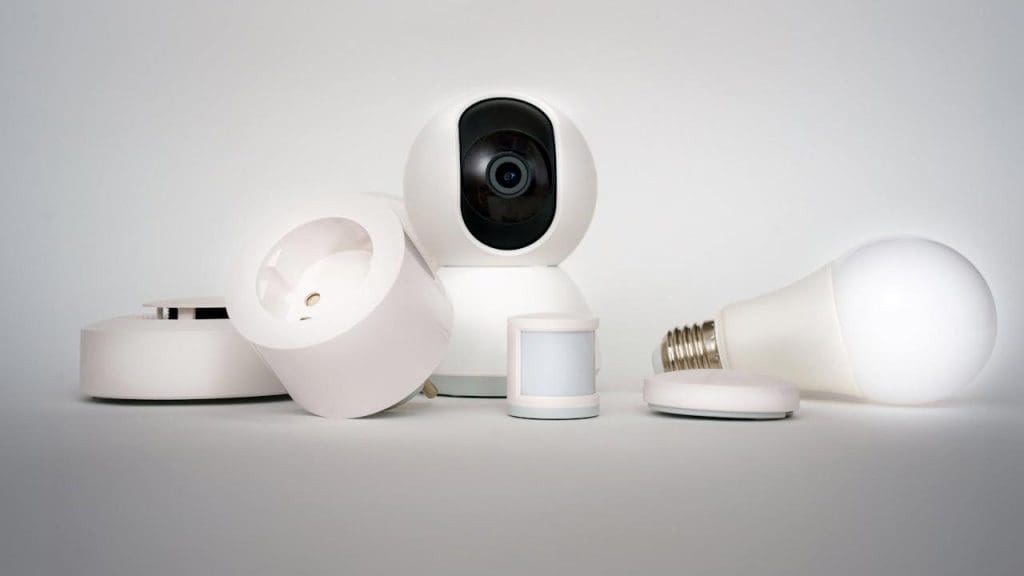
In the ever-evolving world of technology, some trends that once seemed unstoppable are now fading into obscurity. While these innovations once captured our imaginations, they’re quietly being overshadowed by new advancements. Here, I explore six tech trends that are slowly losing their grip on the industry.
Virtual Reality for Everyday Use

Virtual Reality (VR) was once heralded as the next big thing, promising to revolutionize everyday experiences from gaming to social interactions. However, the adoption of VR for daily use hasn’t quite taken off as expected. High costs and bulky hardware have limited its appeal to niche markets. While VR continues to evolve, its role in everyday life remains minimal. Many users find the technology cumbersome and prefer more accessible alternatives like augmented reality (AR), which integrates digital elements into the real world without the need for a headset.
Blockchain Beyond Cryptocurrency

Blockchain technology was once touted as a transformative force beyond its original use in cryptocurrency. Enthusiasts predicted its impact on industries such as supply chain management and healthcare. However, real-world applications of blockchain outside of crypto have been slow to materialize. Complex integration processes and scalability issues have hindered widespread adoption. While blockchain remains vital for cryptocurrencies, its broader potential remains largely untapped, leaving many projects in limbo.
Foldable Smartphones

Foldable smartphones once captured the imagination of consumers and tech enthusiasts alike, promising a new era of versatility and style. However, the trend hasn’t gained the traction manufacturers hoped for. Durability issues and high price points have deterred many consumers from adopting foldable phones as their go-to devices. As a result, the market for these gadgets remains niche, with traditional smartphone designs continuing to dominate.
Smart Home Hubs

Smart home hubs like Amazon Echo and Google Home were once seen as essential for managing connected devices. However, their necessity is diminishing as individual smart devices become more autonomous. Many smart gadgets now operate seamlessly without the need for a central hub, offering direct control through smartphone apps. This shift in functionality reduces the demand for standalone hubs, making them less relevant in the growing ecosystem of smart home technology.
Wearable Fitness Trackers

Wearable fitness trackers, such as Fitbits, were once the darlings of personal health technology. However, their appeal is waning in the face of stiff competition from smartwatches, which offer similar fitness tracking capabilities alongside additional features. Many consumers are opting for devices that combine multiple functionalities, making basic fitness trackers less attractive. As smartwatches continue to evolve, traditional fitness trackers are struggling to maintain their foothold in the market.
Traditional Social Media Platforms

Platforms like Facebook and Twitter once dominated social media, but their influence is gradually diminishing. As user demographics shift, younger generations are flocking to newer platforms like TikTok and Instagram. Moreover, increased concerns about privacy and data security are driving people away from traditional platforms. These changes are prompting a reevaluation of how social media fits into our lives, leading to a decline in engagement on older platforms.